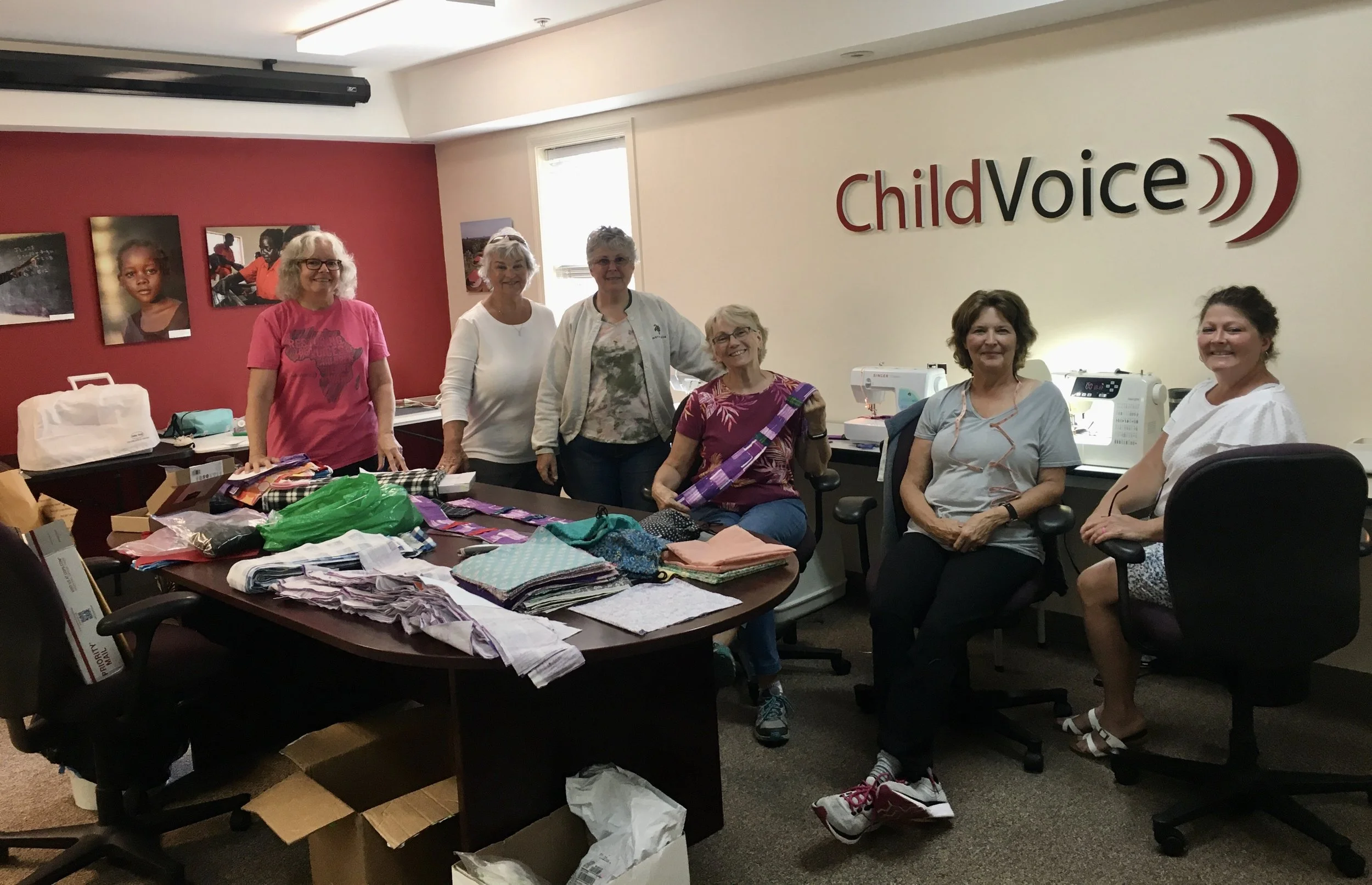War-affected adolescent girls living in refugee camps often do not have access to basic hygiene items—especially menstrual products. Not having these necessities actually can prevent a girl from attending school, which puts her at risk for ending up on the streets and falling prey to human traffickers. It’s a vicious cycle we hope to break with our innovative THRIVE Project.
The ChildVoice THRIVE Project teaches girls in refugee settlements how to sew and use reusable menstrual pad kits, and educates them about women's health and emotional wellness.
By teaching these young girls how to care for themselves physically and emotionally, as well as giving them something as simple as reusable sanitary pads, they are empowered to attend school and thus avoid being vulnerable to manipulation and sexual violence.
By getting an education, each girl will have the tools she needs to succeed in life—and that can make all the difference in the world.
This project also utilizes volunteers who work together in groups to cut out and sew the kits, which then will be sent over to the hundreds of girls ChildVoice currently serves in refugee settlements in northern Uganda and in the IDP camps in Northeast Nigeria.
The THRIVE kit
The THRIVE kit is a belt-style, reusable menstrual pad that does not require undergarments, which is a beneficial since many girls living in refugee settings do not have underwear. The kit uses microfleece liners and includes a waterproof bag for soiled liners. All the components are carried in a drawstring bag.
three ways you can get involved:
Donate
Give today and help fund this important project!
volunteer
If you can cut fabric or sew a simple pattern, you have the skills we need! Bring your friends and your sewing machines and have a volunteer day right at your own location. Contact Krista Brown at krista.brown@childvoice.org.
buy a thrive kit
$15 provides one THRIVE Kit for a war-affected girl. Shop our Gift Catalog and change a life today!
References:
“500 million women and girls around the world are living with period poverty.” https://nexus.jefferson.edu/science-and-technology/how-do-we-improve-awareness-about-menstruation-and-period poverty/#:~:text=Globally%2C%20an%20estimated%20500%20million,to%20purchase%20them%20at%20all.
“20% of dropout rates in the U.S. can be directly attributed to period poverty.” Rao, A. (2023). Tackling menstrual poverty: A substantive equality approach to the right to education. Journal of International Women’s Studies, 25(4), 1–24.
“70% of girls in Uganda leave school between the ages of 13-18.” https://borgenproject.org/reusable-sanitary-pads/






